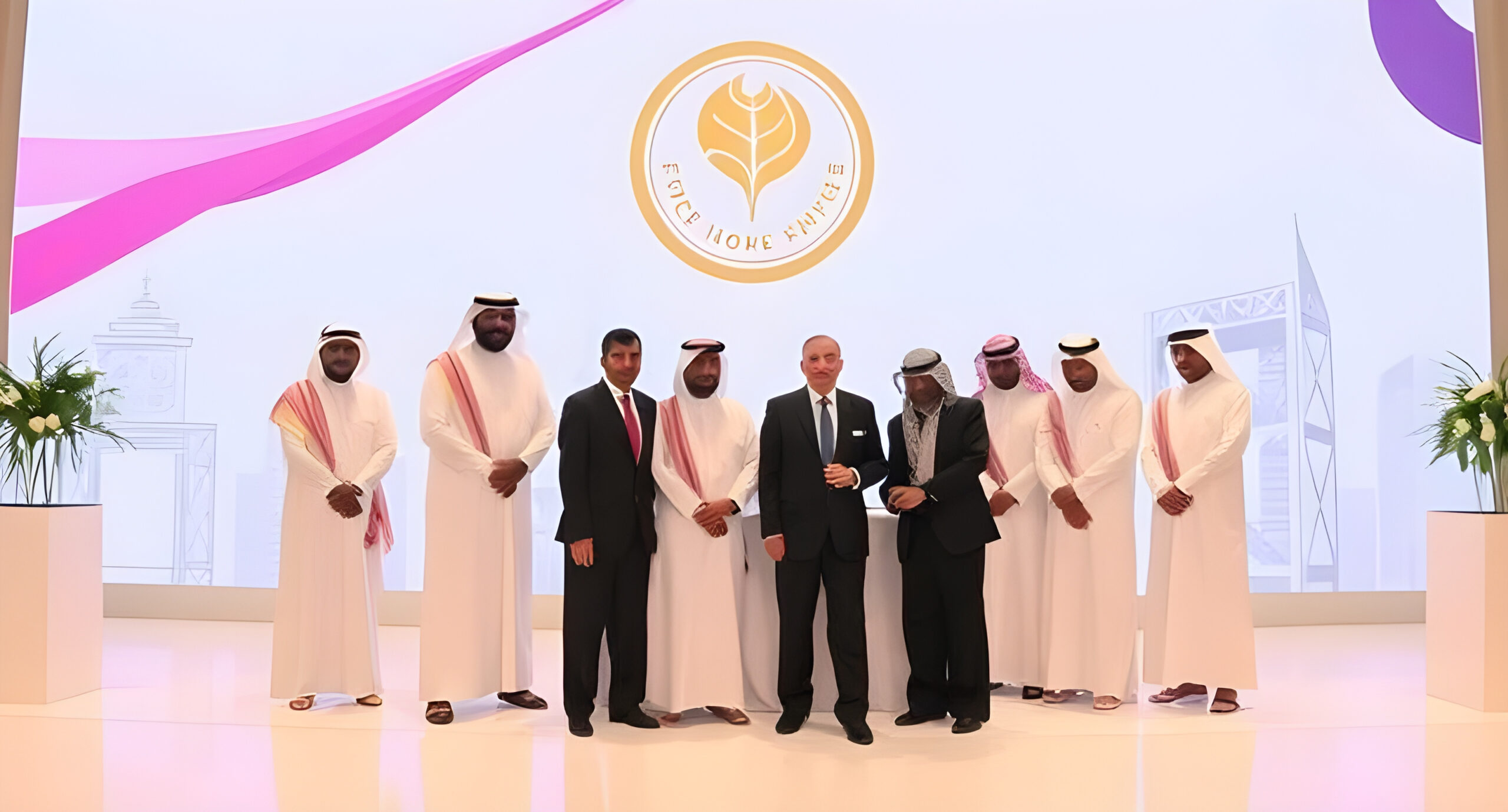Private capital financing in the Gulf Cooperation Council (GCC) region has experienced a significant surge, reaching $54.8 billion between 2020 and 2024. This represents a substantial increase from the $10.4 billion raised in the preceding five years. According to S&P Global, this upward trend is expected to continue as companies seek alternatives to traditional bank funding. The number of transactions financed with private capital peaked at $20.4 billion in 2023, although it decreased to $14.5 billion in 2024. Despite this decline, the number of transactions in 2024 was still 2.7 times higher than in 2015, indicating strong underlying growth drivers.
Historically, GCC issuers have relied heavily on banks, bonds, and sukuk for financing. However, private capital financings are gaining traction, particularly among established companies. In December 2024, 79% of private financings went to mature companies, up from 31% in 2015. These companies often opt for private financing due to its faster execution, flexible terms, and competitive pricing. Despite this growth, private capital is not expected to challenge the role of banks in the GCC, as its overall volume remains relatively small.
Over the past decade, GCC issuers raised $3.5 trillion, with bond issuances accounting for 51% of the total amount raised in 2024, followed by bank financing at 26%, sukuk at 19%, equity capital market transactions at 6%, and private capital financings at 3%. The top 10 transactions accounted for about 80% of the total annual volume of private capital financings, with large corporates and government-related entities being major recipients.
Private capital financings play a crucial role in helping early-stage firms become bankable, thereby fueling growth opportunities within the financial ecosystem. On the supply side, regional private capital providers, including sovereign wealth funds, are diversifying their geographic exposure to reduce reliance on a single economy. This trend is expected to continue, especially when interest rates are high, making GCC investors attractive for large companies seeking alternative funding sources.
The Middle East is emerging as a key growth area for private capital, driven by government initiatives and sector reforms. This shift is also reflected in a significant rise in regional startup funding, marking a 92% increase in capital raised in November alone. As the GCC market evolves, new lending structures and products are being introduced, attracting more private credit investors and direct lenders beyond traditional real estate investments.
Private capital financings in the GCC are poised for further growth, driven by the increasing appeal of private equity and venture capital as leading investment opportunities. The region’s financial landscape is evolving, with private credit playing a more significant role in financing various sectors beyond real estate, including SMEs and growth companies. This diversification in private credit strategies is expected to continue, offering higher yields and attracting both local and international investors.
In summary, the surge in private capital financings in the GCC reflects a broader trend towards alternative funding sources, driven by the need for flexibility and competitive pricing. As the region continues to grow, private capital is likely to remain a vital component of its financial ecosystem.





